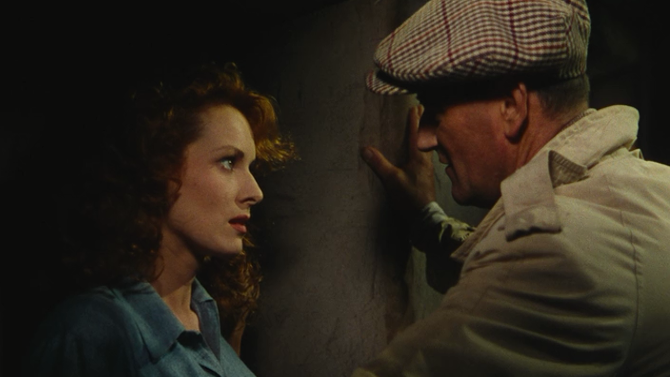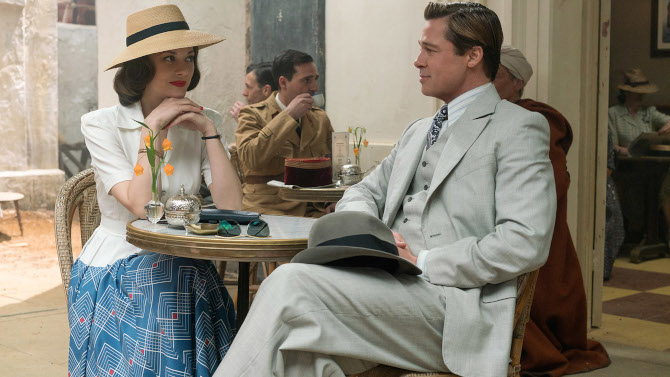
Déjà vu Dalliance
Channeling the mesmeric movies churned out by the studio system back in the 1930s and 40s, Allied (2016), directed by Robert Zemeckis, channels the likes of Morocco, Casablanca, Across the Pacific, Gilda, To Have and Have Not, and numerous others – attempting to find a spark from the classic themes of melodrama, romance, suspense and the epic nature of the annals of the cinematic past, with quite successful results. Set the year Casablanca and Across the Pacific were released – 1942, the story in fact starts in Morocco, with recently parachuted in Canadian spy Max Vatan (Brad Pitt) meeting up with another undercover agent, Marianne Beauséjour (Marion Cotillard), who will be pretending to be his wife.
-
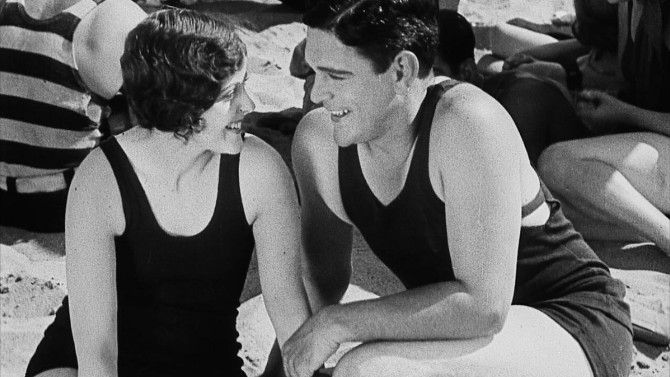
The Sound of Silence. . . Almost
LonesomeSeptember 22, 2017A striking picture from a unique moment in Hollywood history, Pál Fejös’ 1928 romantic drama Lonesome found itself one of the first transitional films between the silent and sound/talkie era. Originally developed as a Universal silent feature by the Hungarian filmmaker (Fejös, a Renaissance man, was also a doctor, World War 1 medic, anthropologist and explorer), in post-production it was decided that three dialogue scenes would be added – to appease audiences who desired the new effect following The Jazz Singer craze. A short transitional period of about two years followed, as filmmakers and studios began to adapt to the changing world of sound, adding touches of dialogue into their silent pictures.
-
Star Pick with Gerry Cooney
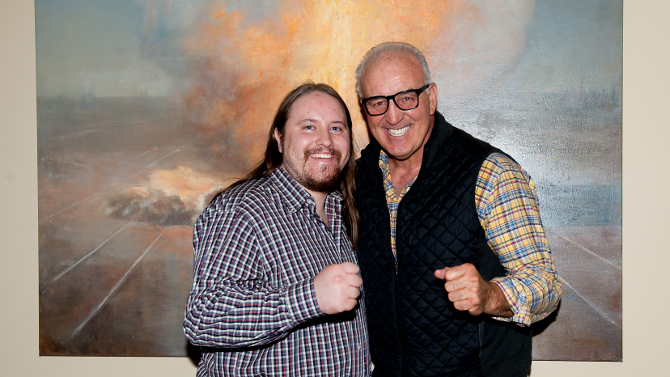 The Fighting IrishThe Quiet ManAugust 2, 2017
The Fighting IrishThe Quiet ManAugust 2, 2017I was fortunate enough to sit down with legendary heavyweight boxer Gerry Cooney not too long ago. One of the biggest punchers to ever grace the bright lights of the ring, his career spanned from 1977 to 1990, a final record of twenty-eight wins and only three losses (twenty-four of those victories came by way of knockout). A towering six feet, six inches, and with an impressive eighty-one inch reach, the offensive minded boxer dismantled two legends of the sport, Ron Lyle and Ken Norton – leading him to a match with the great Larry Holmes, a spectacular bout that went into the thirteenth round, ending with Cooney losing by TKO. After three more convincing wins, Cooney faced two more formidable foes, Michael Spinks and George Foreman, the latter bringing an end to his illustrious career.
-
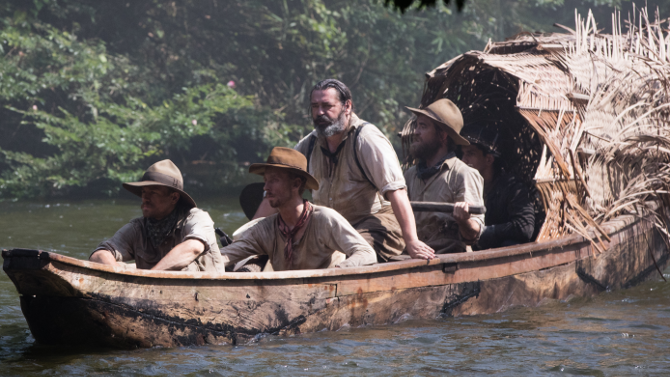
Jungle Love
The Lost City of ZJuly 18, 2017Following in the vein of other epic adventure tales of the past, like The Treasure of the Sierra Madre, Lawrence of Arabia, ‘Aguirre, the Wrath of God’ and Apocalypse Now, writer/director James Gray’s adaptation of David Grann’s The Lost City of Z is a dangerously grand journey into the mysterious jungles of the Amazon. The 2017 feature is based on real life British explorer Percy Fawcett (Charlie Hunnam) – an Indiana Jones type, who, at the start of the narrative, is a military man with low standing due to his father’s previous actions (despite the fact Percy never met him). Looked down upon by the wealthy upperclassmen of the military, he is sent to the Royal Geography Society, where they try to persuade him to survey the border lines between Bolivia and Brazil (as the ever more desirable rubber plantations are leading towards war – the two governments have accepted the British institutions offer to do the job). Though wary, the Society members hint that this could be the perfect way to restore his good name, and Percy decides to take the position.
-
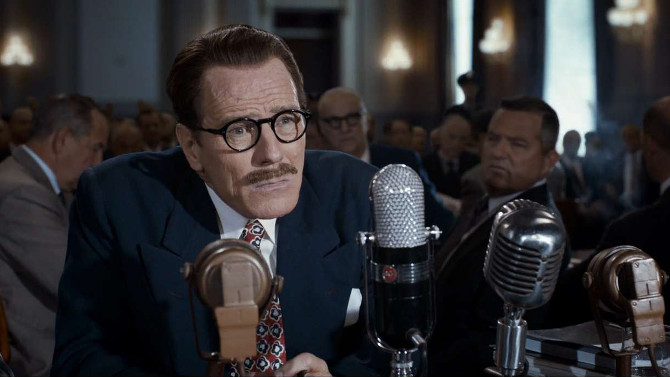
A Flourish of Trumpets for Trumbo
TrumboJuly 7, 2017Though today, The Hollywood Ten sounds like a modern take on a superhero movie, for those who know the film history, it has a much darker meaning. Referencing the ten filmmakers who were subpoenaed for being possible Communist dissidents, thought to be subverting the hearts and minds of the American people, they refused to answer questions directly. Focussing on one of the ten, 2015's Trumbo follows the famed screenwriter through the trials and tribulations of this tumultuous time in American history. Directed by Jay Roach (Austin Powers trilogy; Meet the Parents/Meet the Fockers), Dalton Trumbo (Bryan Cranston) is a highly intelligent yet cantankerous writer, one of the best in the film industry, circa 1947. An ardent Communist who believes in better working rights and pay for those in Hollywood (as well as many other things), he is married to Cleo (Diane Lane), who, despite her soft spoken nature, is in many ways the strong backbone of the family. They have three children.
-
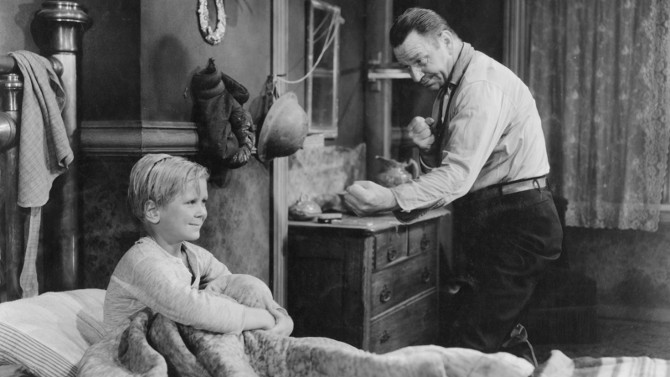
A Boy and His Champ
The ChampJune 16, 2017The story of a down-and-out boxer and his adorable son, 1931's The Champ, directed by King Vidor, is a tale of struggle and hardship as well as family, love and hope. The former champ, Andy Purcell (Wallace Beery – he won the Academy Award for Best Actor in a Leading Role in a rare tie with Frederic March), is for all intents and purposes, washed up. Though he is in the midst of training for his next bout, he continuously self-sabotages by turning to alcohol and then follows it up by playing dice, tossing the little money he has left away. His only saving grace is his young son, Dink (Jackie Cooper, one of The Little Rascals of the early sound era who went on to play Perry White in the first three Superman movies starring Christopher Reeve) – a child well beyond his years. A combination of tiny tramp and wise adult, he cares for his father like no one else. Trying to steer him away from booze and focus his wayward vision, he has a middling effect. Though his pleas reach his father, they do not stay his hand for long. The story is, in many ways, told through Dink’s eyes. The son of The Champ is usually followed by his trusty sidekick Jonah (Jesse Scott) and a plethora of other impoverished youths.
-
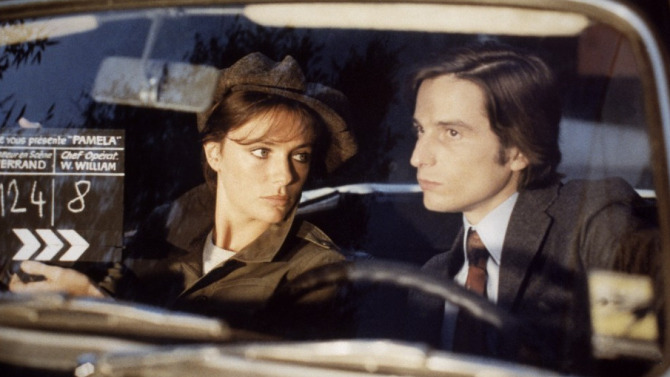
An Affair to Remember
Day for NightJune 9, 2017A very meta film about film making itself, François Truffaut’s 1973 romantic dramedy Day for Night transports us behind the scenes of a movie being made at the famed Victorine Studios in Nice, France (think classics like To Catch a Thief and Children of Paradise). The title itself is a reference to movie making, highlighting the term used when scenes are filmed during the day, only to make it look like they were done at night (by way of using filters). The Academy Award winner for Best Foreign Language Film in 1974, Truffaut casts himself as the movie’s director, Ferrand, who is currently filming the tragic, if clichéd, melodrama "Meet Pamela" – not likely to be the next classic.

